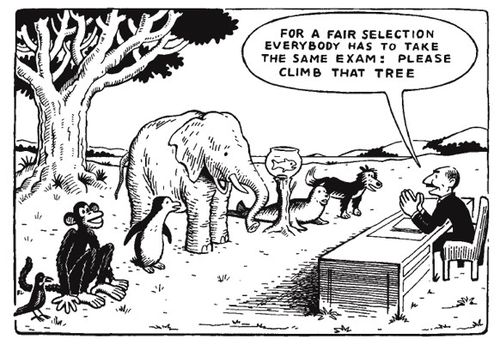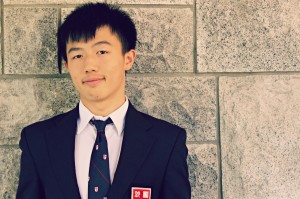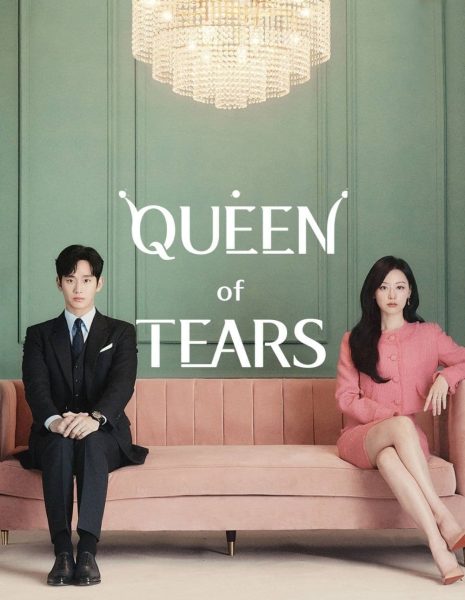Failure in capitalization of talent and intelligence: a lesson to be learned

The system of assessment in this cartoon will definitely fail to recognize the abilities of the most animals here.
In today’s world, people are absurdly obsessed with intelligence and ability and things that are representatives of these. High performances in measurable abilities are considered “smart,” “talented,” and “gifted.” Consequently, those who don’t perform well on these measuring assessments are forgotten; their hidden talents remain hidden and society never seeks to knock on the doors to sometimes immense intellectual capacities again. This systematic failure to recognize and exploit the talent is the failure in capitalization of talent. To put that in perspective, it is like a super athletic basketball player who has the ability to dunk but can only touch the rim because his leaping technique is faulty. In the below paragraphs, we will examine the cases in which errors in decision making led to unimpressive results.
In one of the famous studies done by Malcolm Gladwell, Gladwell observed that the 2007 Memorial Cup winner, the Vancouver Giants had 18 out of a total 24 team members whose birthdays are between January and April. This then led to his discovery that most elite hockey establishments have age group cut off date of May 1st. What this means is that a child whose birthday is in early part of the year will be older, and probably bigger than his counterparts who are months younger. Therefore from a young age, hockey players who are older and bigger, not necessarily more talented, get to be in more prestigious training facilities, play more games and generally have more opportunities. We all see the problems, don’t we? With this cut off date, bigger children are mistakenly selected because they started couple months earlier. The enormous talents born in the later months of that same year are neglected by these elite institutions of hockey. So hypothetically if we extend or even abolish the cut off date, we will generate so many more Canadian hockey superstars. Canada then will for sure take every medal and banner there are to conquer.
Now many things in life are of similar analogous situation as the hockey case. For instance, most students are around maybe 17 or 18 when they graduate high school and enter university. These are the ages of rapid development, especially for boys. Most boys don’t even go close to the maturation of their mind capacity. Assessing young people at this early age is in a way closing doors and telling those who don’t start early that they are not good enough. In fact, most people who successfully meet the early deadlines are not more gifted and talented for the most part. They almost always consist of those individuals who just started earlier than the most. Sadly, society seems to believe how one perform in measurable tests will directly reflect their ability to contribute to the world. So society puts expensive and prestigious education on these people and hope they would somehow rise to the next level. And how this has worked so far? Not all that well I don’t think. Most students coming out the school after spending thousands if not tens of thousands in school and related matters, goes to work in positions that probably can also be acquired if one has no degree. By the way, this is if the graduates are lucky enough to find jobs. Don’t get me wrong. I am totally aware that the current system is cranking out scholars and academics and other professionals who greatly contribute to the society’s advance. The point is that, if we shrink university enrolment, make better assessment of talents and ability, and most importantly learn to recognize the difference between true smarts and early birds, our progress will be praised and admired by our descendants.
More over, the failure to recognize and utilize the inherent ability is sometimes made worse by one’s circumstances. In another study of Malcolm Gladwell, he discovers that sometimes things that appear to aid the capitalizing of talent can actually work against our favour. For instance, class size is one factor that people consider when concerning the success of students. Gladwell found that students do in fact score higher and become more satisfied when the class size goes down a little from the traditional 28 students per class. However, when size goes to the lower extreme, around 12 or less per class, students’ test results and satisfactions begin to take a little dive.
So far, we have examined cases that failure to capitalize given ability is due to both larger and systematic decision-makings and smaller and more direct decision-makings. How does this apply when students in high school makes their decision about their plans for future? Well, firstly students can put down their pressure of being on the top. Students are prone to the phenomenon that they are so busy attempting to be recognized by desperately trying to improve standardized test scores that they often forget their true talent and advantages. Students should not be caught up by the trend; chances are that being the top of the pyramid will not translate into real world advantage later in life.
The system is designed with flaws; it will fail to bring up some very talented people. So don’t be despondent because you score less than the early starter siting next to you in class. The achievers most of the time are just early starters. There is very unlikely to be any innate difference in ability between a person with average of 90 and a person with 95; the person of 95 just started earlier. Not to downplay the hard work of these early starters, but they naturally go on to really good schools because they are more prepared for standardized tests. Roy Wang, whose outstanding academic career earned him a place in the University of Chicago, said in his interview with the Creed that he spend the majority of his time, starting in grade 10, to study and to prepare for university application. Roy is a early starter. However, there are much more people who don’t even know what they like to study in university, let alone preparing for an elite college application.
For people whose environments have not allowed them to start early, these student shouldn’t feel that they are inferior. They are just simply younger and later starters. It is natural that school placements will not be as bright as that of Roy. However, room for improvement is always present.
In today’s world, students are much to tangled up with all the honours and prestigious of being a master at measurable examinations. They need to taken into the consideration that some qualities and talents fail to be recognized because of difference among people. Like hockey, the chance of a boy who is born in December making to the starting roster of the Vancouver Giants is slim not because he is bad but because for all his life he is younger and smaller than most of his competitors. This notion of being young is mistakenly taken as one being not skilled and weak.
In short, students must be aware of the fact that the system can fail to see your talent. How to then express and make use of what you have will set you apart from the others!

Horatio Chiang is the real life Han Han, eleventh grader at St. George's School. Han is new to St. George's and feels fortunate and privileged to be involved...













